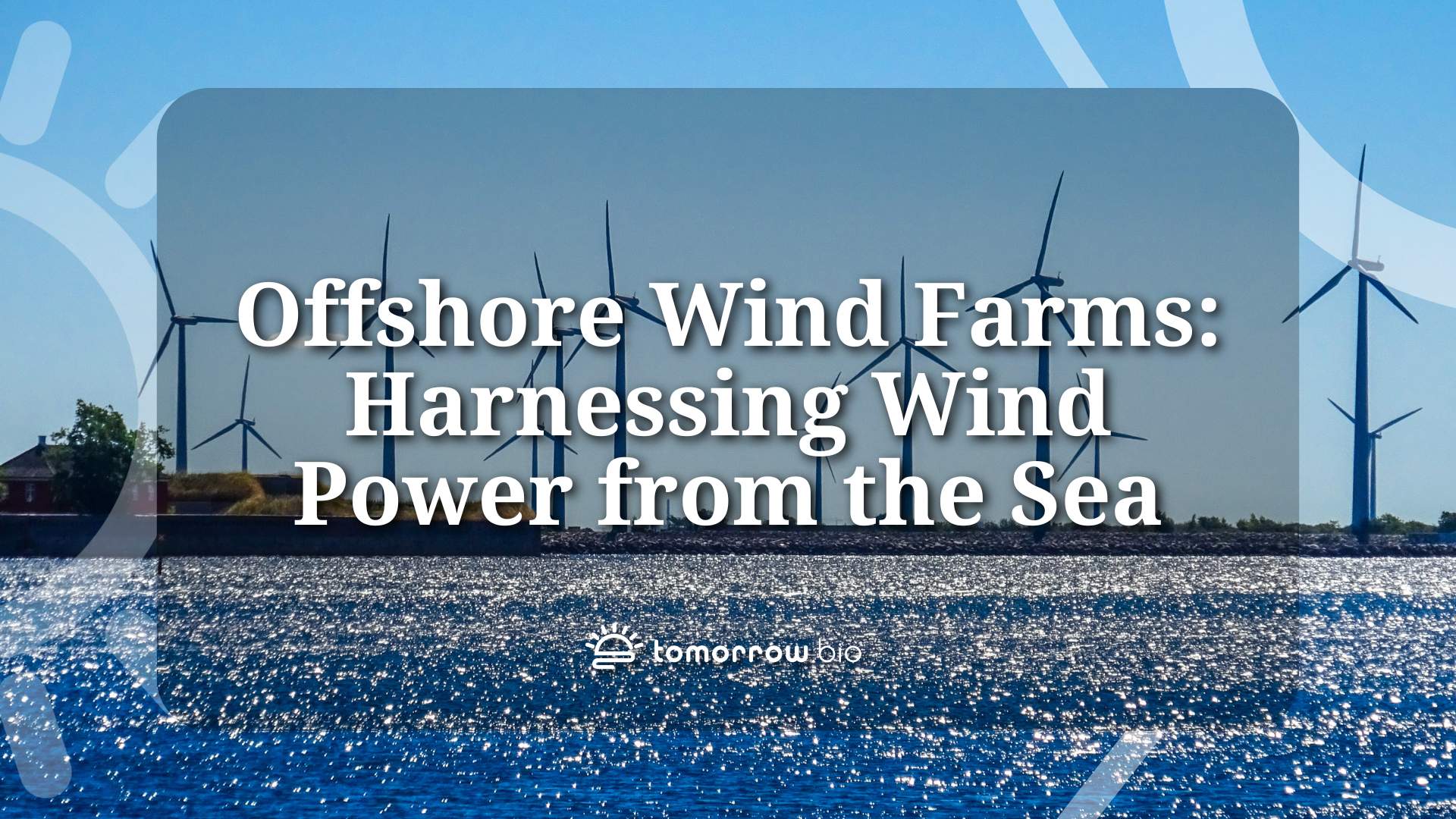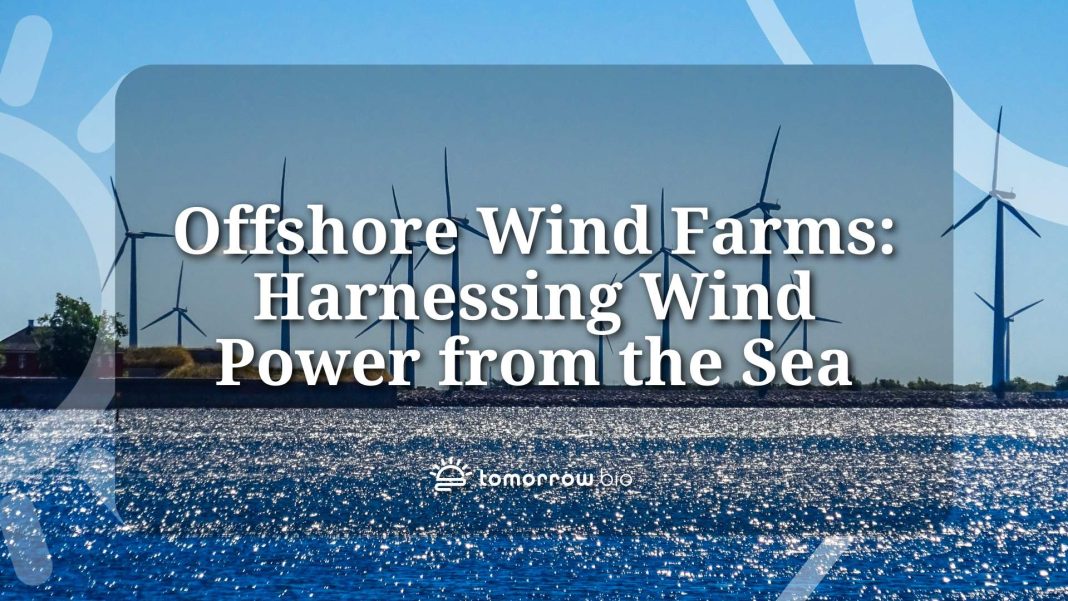 Florida Governor Ron DeSantis recently signed a bill that has significant implications for the state’s energy and climate policies. The bill, known as HB 1645 “Energy Resources,” removes climate change as a key focus in state laws, promotes the use of natural gas, and curtails offshore wind power projects.
Florida Governor Ron DeSantis recently signed a bill that has significant implications for the state’s energy and climate policies. The bill, known as HB 1645 “Energy Resources,” removes climate change as a key focus in state laws, promotes the use of natural gas, and curtails offshore wind power projects.
One of the major changes brought about by the bill is the removal of provisions related to climate change from Florida law. These provisions required the state to recognize and address the potential of global climate change, advocate for climate change issues, and reduce greenhouse gas emissions. The bill also eliminates a requirement for state agencies to refer to the Florida Climate-Friendly Preferred Products List when making purchases, thereby removing the obligation to buy products with clear energy efficiency or environmental benefits. Additionally, a provision mandating the selection of “Green Lodging” facilities for meetings has been removed.
The bill also strengthens laws protecting the use of natural gas in the state. It sets limitations on how local governments can regulate natural gas infrastructure, such as reserves that are used during power outages or natural disasters. The bill also extends the certification requirement for intrastate natural gas pipelines from 15 to 100 miles. Moreover, the bill prohibits the construction or expansion of offshore wind energy facilities in the state.
Proponents of the bill argue that it promotes reliability and sustainability in Florida’s energy sector. The Consumer Energy Alliance (CEA), an energy advocacy group, commended Governor DeSantis for signing the bill into law. They believe that diversification of Florida’s fuel supply is crucial for ensuring reliable and affordable energy for families and businesses in the state. The CEA also stated that the bill allows utility firms to build redundancy into their operations, improving reliability during peak demand and extreme weather events.
However, critics of the bill, such as the Cleo Institute, a pro-climate organization, have expressed concerns about its implications. They argue that the bill is a major setback for Florida’s progress towards a sustainable and resilient future. The Cleo Institute claims that the bill limits renewable energy production and prioritizes fossil fuels, which they believe will exacerbate issues such as rising extreme heat, sea-level rise, severe storms, flooding, and property insurance costs.
Governor DeSantis, on the other hand, has defended the bill, stating that it will keep windmills off Florida’s beaches and reject the agenda of what he calls “radical green zealots.” He believes that the legislation restores sanity in the state’s approach to energy and ensures the reliability and security of Florida’s energy grid.
Overall, the passage of HB 1645 represents a significant shift in Florida’s energy and climate policies. While proponents argue that the bill promotes reliability and sustainability, critics claim that it hampers progress towards a more sustainable and resilient future. The implications of this legislation are likely to be felt in the years to come, as Florida continues to grapple with the challenges of climate change and the transition to cleaner sources of energy.


